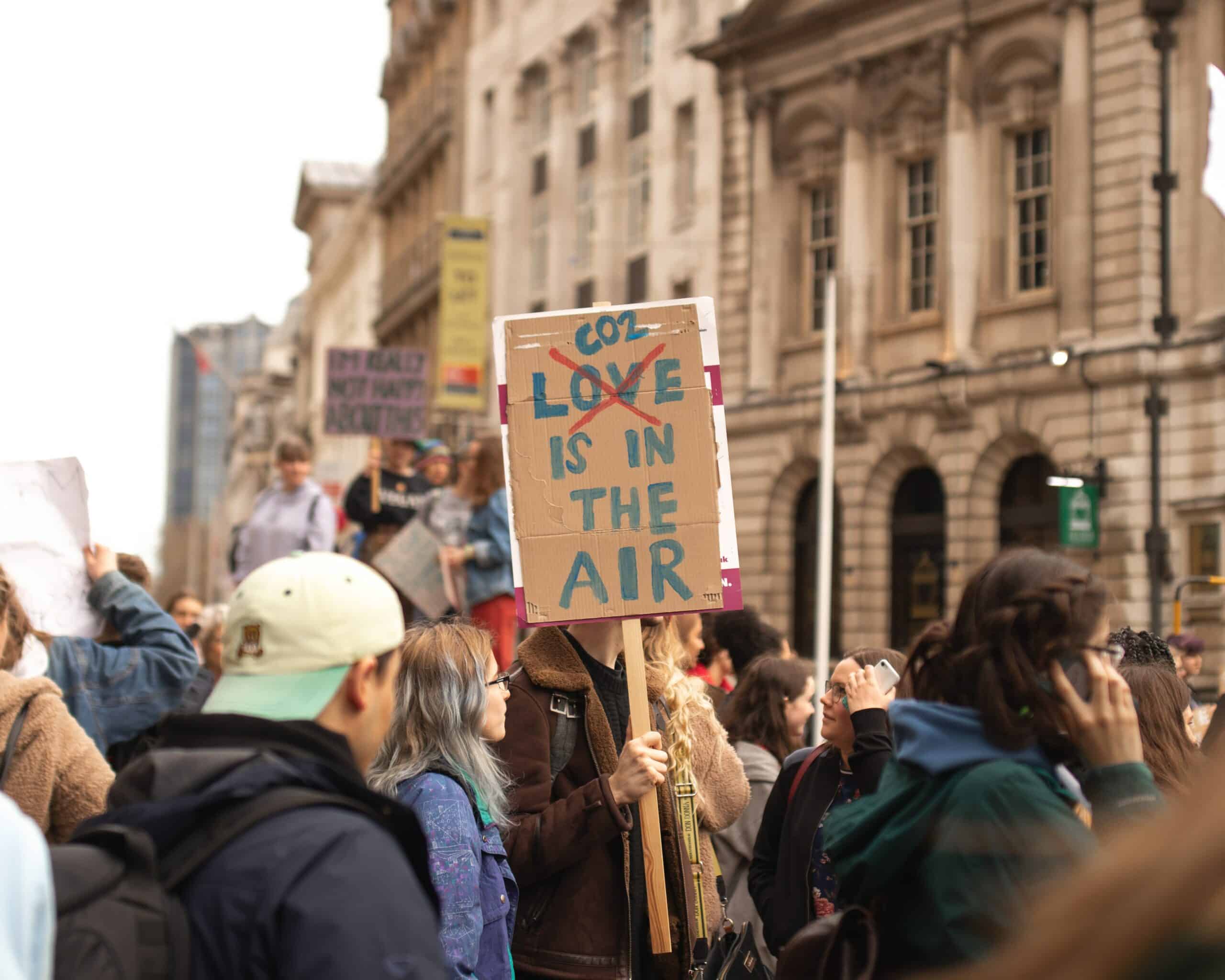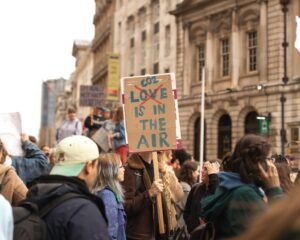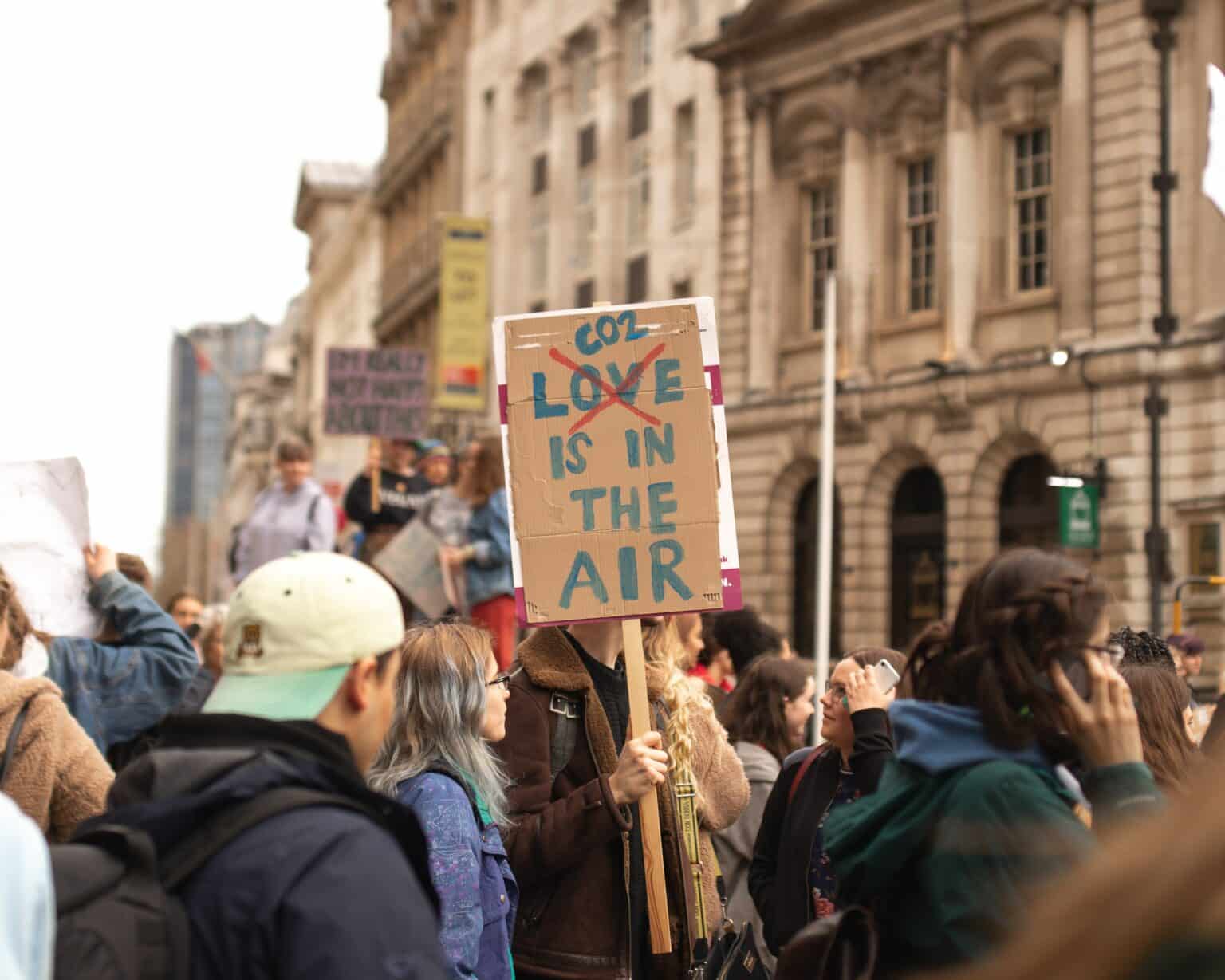
Flying is bad for the climate, so we should stop flying. That’s basically the message of the “flight shame” (flygskam) movement that originated in Sweden but is spreading globally.
The movement is probably at least partly responsible for the fact that in Sweden the amount of passengers flying actually dropped in 2019 for the first time in more than 10 years.
As we meet all our bloggers in person, we travel a lot. Although we take a train whenever we can, we travel a whole lot by air. Our conscience has been increasingly bothering us.
We thought it would be good to take a careful look at the facts, calculate our own emissions, look at the “other side of the coin” and draw a conclusion about our own behavior.
Fact: flying is really bad for CO2 emissions
The following video by Vox includes the most important facts, and does a great job converting statistics and data into something we can understand and remember:
Some of the most important facts we learned from the video and other sources we studied:
1. Every metric ton of CO2 we add to the atmosphere converts to about 3 m² of the Arctic sea melting. An economy class passenger on a return flight from New York to Los Angeles emits about 566 kg (0.56 metric tons) of CO2, which amounts to 1.5 m² of the Arctic ocean melting.
2. Currently, air travel is for the elite. Only 20% of humans have flown on an airplane and most people who fly, fly little. 12% of flying Americans (and 15% in the UK) take two thirds of all flights. This is why the amount of air passengers is projected to double to 8.4 billion within 20 years.
3. Air travel currently accounts for 2.5% of carbon emissions (considerably less than what cars and power plants produce). But this share will likely increase as other industries will probably become “cleaner” more quickly. It’s just easier to make vehicles and installations that don’t fly run on electric power.
4. Total annual carbon dioxide emissions per person varies wildly. The average American emits 16.5 metric ton and the average German 8.9 metric tons. An average Liberian emits 0.2 metric tons – which is less than one super short return flight between Edinburgh and London (emission data source: World Bank – 2014)
How much CO2 did we emit with our flights?
In 2019 we traveled to 19 cities – almost all of them for “business”. The majority (11) was by train, but we took 27 (one-way) flights for the other 8 cities that we visited.
Using the ICAO emissions calculator we calculated that we emitted 3.4 metric tons of CO2 together with our flights, which is more than the average very frequent American or US flyer (the 12% / 15% mentioned above emits about 3 metric tons a year). We were the cause of 20 m² of arctic ice melting. That sounds so awful…

I would love to know if the total amount of CO2 we emit as human beings is higher or lower than the average Dutch person (9.9 metric tons), but that’s a much more challenging calculation.
Apart from flying, we lead a pretty “low carbon emission” life. We only use public transport in the cities we live in and travel to, we work from a camping site (and are 100% solar powered) almost 2 months a year, we only drive a car if we go camping, we eat little meat, never throw away any food, we buy very little clothing and the decision we made that has by far the biggest impact: we will not have carbon-emitting kids!
Is flying also “good” for the world?
There are definitely some arguments to be made about air travel contributing to a better world:
1. Of course this goes for all means of travel and not just air travel, but it’s a fact that travel is good for your mind & body. Travel allows you to discover different cultures and meet people whose lives are different. We at Spotted by Locals feel very strongly that now that more and more nations and people are turning “native” and inwards, it’s more important than ever that we try to understand the world beyond our own borders. For that, we need to travel.
2. Many destinations are dependent on air travel. Destinations with a lot of nature are highly dependent on air travel and tourism to survive and to be able to fund the conservation of nature. A lot of species of trees, plants, and animals would probably go extinct and a lot of land would be replaced by agriculture & industry if we all stopped flying.
3. The aircraft manufacturing industry needs money to fund research and development to make more energy-efficient and cleaner aircraft. If we all stop flying, we will probably never have zero-emissions flights. Or at least it will take a lot longer.
Conclusion: no, we will not stop flying
The research we did for this article and looking into our own behavior have made us even more conscious than we already were of how we and the few privileged others who have the means to take a flight and protect ourselves against climate change are ruining the planet for people who hardly emit any CO2 and who will be most vulnerable.
It’s unfair. We feel bad and partly responsible. But to be very honest our need to travel outweighs our “flight shame”. Many of the destinations we travel to for work can only be reached by airplane. Traveling has inspired and taught us so much about the world. We are convinced travel has made us better humans. We’re not ready to give it up.

We will continue to take a train or other cleaner forms of transport whenever that is possible. We will probably think twice about whether we really need to take that flight to a congress or so. When we do fly, we will try to combine trips to lower the total amount of miles flown. We will report back in 2021 on how we did!

